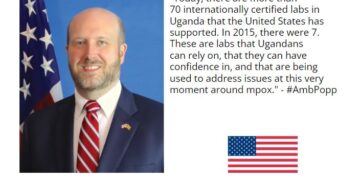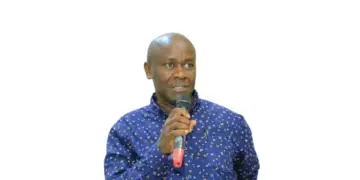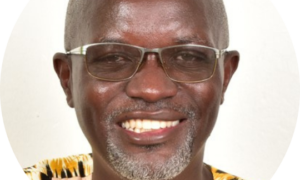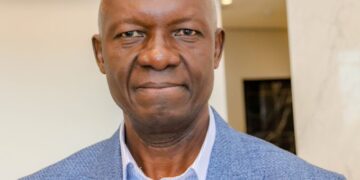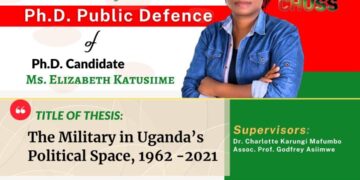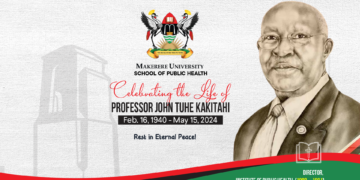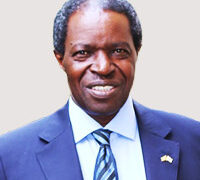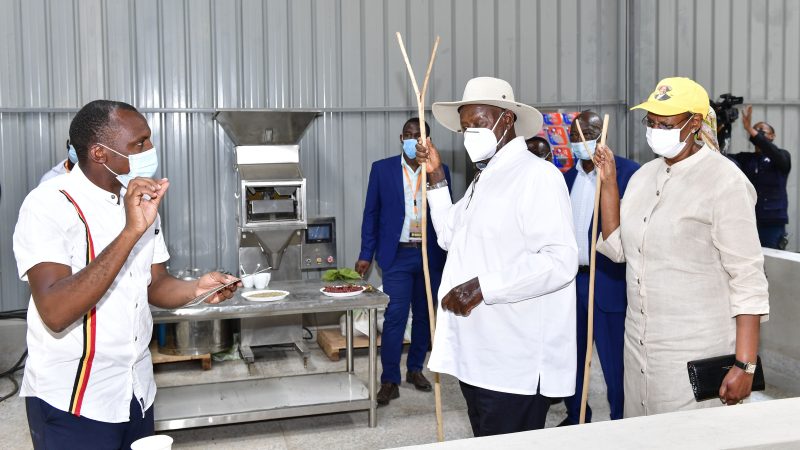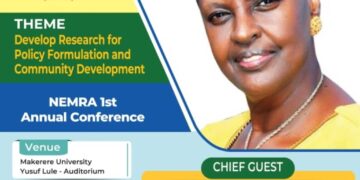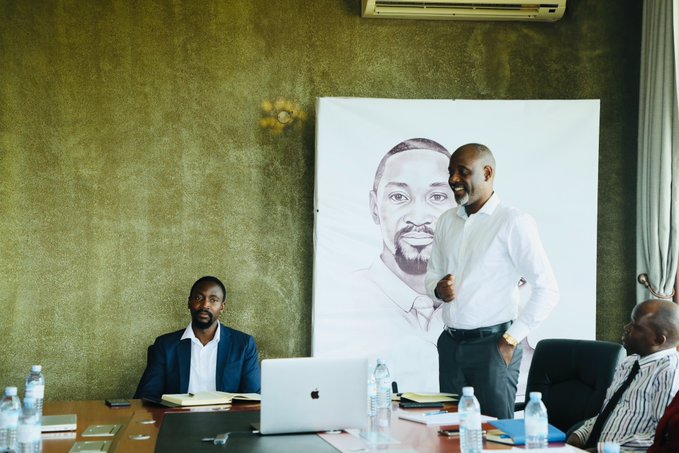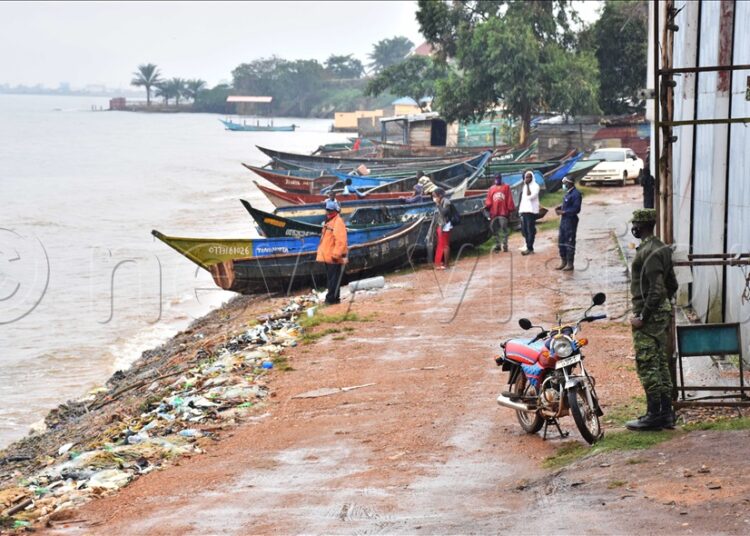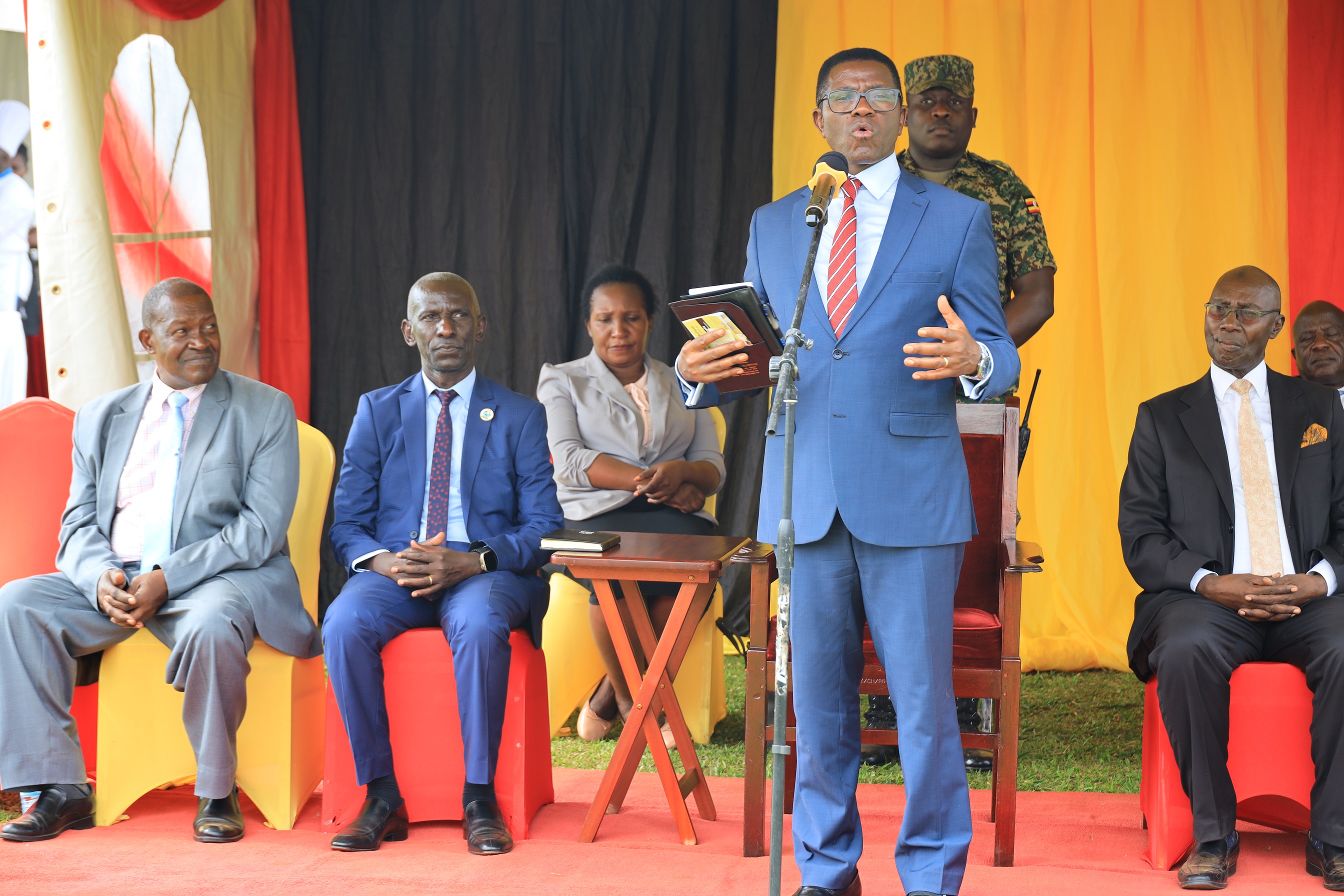Kampala, Uganda – Researchers in Uganda have developed a model aimed at eradicating illegal fishing and boosting the fisheries sector in the country.
In a study titled “Sustainable Fishing, Lifelong Learning, Alternative Livelihoods, and Youth Entrepreneurship,” the researchers recommend lifelong learning approaches to actively involve fishers in reducing illegal fishing in the country’s fresh water bodies. The proposed co-management system aims to tap into the talents and potential of fishers for sustainable fishing practices.
Led by Zula Namubiru, a doctoral student at Makerere University, the research team includes Dr. Kellen Aganyira, Prof. Josje Van der Linden, and Prof. Laadah George Openjuru. Their study, accepted for publication in the ‘International Education Review: Journal of Lifelong Learning,‘ sheds light on the need for educational strategies to address persistent illegal fishing.
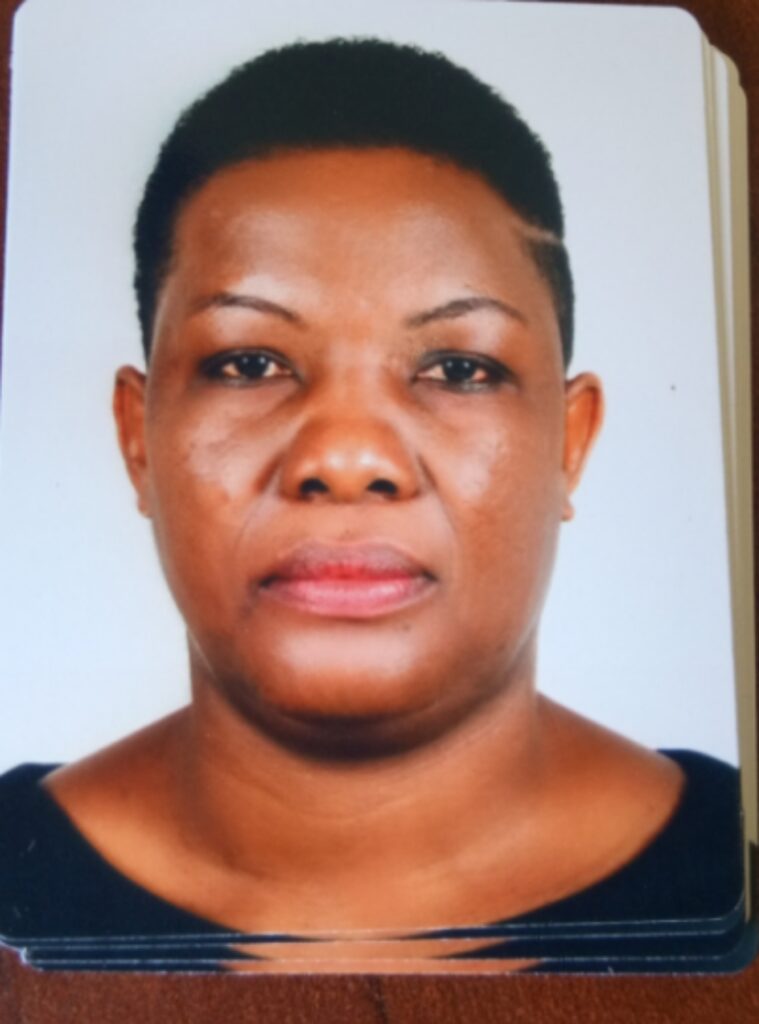
Background
President Yoweri Museveni established a special unit within the Uganda People’s Defense Forces (UPDF) in 2017 to combat illegal fishing.However, this intervention, carried out by the Fisheries Protection Unit (FPU), has led to both positive and negative consequences.While fish stocks are recovering, some fishermen have faced alleged violence and lost their livelihoods due to strict military enforfishermenYoung fishers (15-35 years) find themselves largely excluded from the fishing industry as they cannot meet the legal fishing methods and gears.
Despite efforts like the co-management system involving the FPU, illegal fishing remains rampant in Uganda. The Fisheries and Aquaculture Act 2022 emphasizes co-management but lacks educational strategies, hindering effective enforcement of fishing regulations.
“Yet the high cost of strict, brutal top-down enforcements of FPU, and the societal cost of lost lives, jobs, and livelihoods due to FPU interventions may not be justified about fish biomass/ stocks in Lake Victoria,” the researchers observe.

While the Uganda National Fisheries Policy 2004, the third National Development Plan, the Uganda Vision 2040, and the Fisheries and Aquaculture Act 2022 prioritize solutions, especially co-management, they lack educational strategies, leading to persistent illegal fishing in the country.
“Illegal fishing persists, which questions how the National Fisheries Policy is implemented to ensure that fishers actively participate in the reduction of illegal fishing,” the researchers observe in an additional policy brief that they have developed for the Ministry of Agriculture, Animal Industry, and Fisheries.
“Participatory action research with young fishers indicates potential for active participation in combating illegal fishing, highlighting the need for policy implementation review and educational reinforcement,” the researchers observe.
It is against this background that the researchers engaged in participatory action research with young fishers that indicated that active participation of fishers in reduction of illegal fishing is possible.
Methods Used and Findings
A participatory action research promoting lifelong learning was conducted between 2018 and 2023 with 30 young fishers (15–35 years old) and 18 stakeholders at Kigungu fishing ground on Lake Victoria in a phased manner. According to the researchers, fishers acted as co-researchers as well as lifelong learners in this study.
The findings indicated that the Beach Management Unit system of co-management approach failed due to a lack of clear and distinct proactive non-formal group lifelong learning opportunities for fishers to direct themselves to participate in sustainable fishing willingly.
The findings further indicated that initiating fishers to actively participate in directing their learning interventions towards sustainable fishing using group lifelong learning interventions was successful.
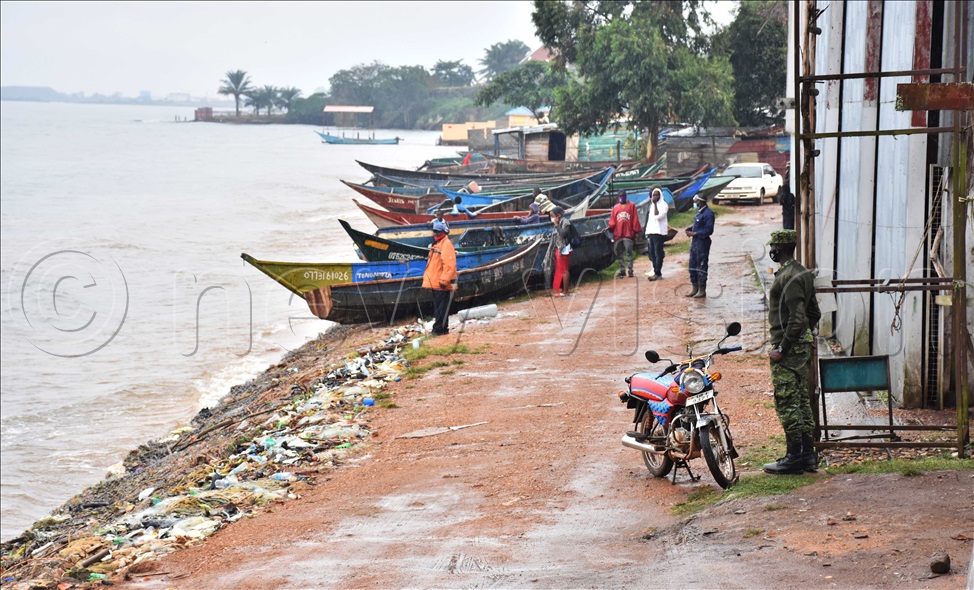
During the study, the fishers shared their brutal experiences subjected to them by the FPU which reduced the high sense of hopelessness amongst all fishers. “The local leaders’ experiences were particularly crucial in enabling fishers to implement their own lifelong learning activities towards sustainable fishing,” the researchers write.
However, they observe, that the fishers’ hopelessness has greatly affected their willingness to actively participate in reducing illegal fishing. “Instead, fishers are doing it in hiding for survival since legal fishing gears and methods are very expensive,” they concluded.
A Social Constructivist Learning Model for Ending Illegal Fishing
Can illegal fishing in Uganda be wiped out? That’s the question the researchers have sought to address in the proposed model, which they have named a ‘Social Constructivist Learning Model.’
In the model (pictured), the researchers propose a participatory, co-lifelong learning model involving fishers, stakeholders, and law enforcement to understand the dynamics of fisheries management in Uganda.
From the findings, the researchers observe that young fishers’ outcry should be taken seriously by acknowledging their livelihood to reduce hopelessness.
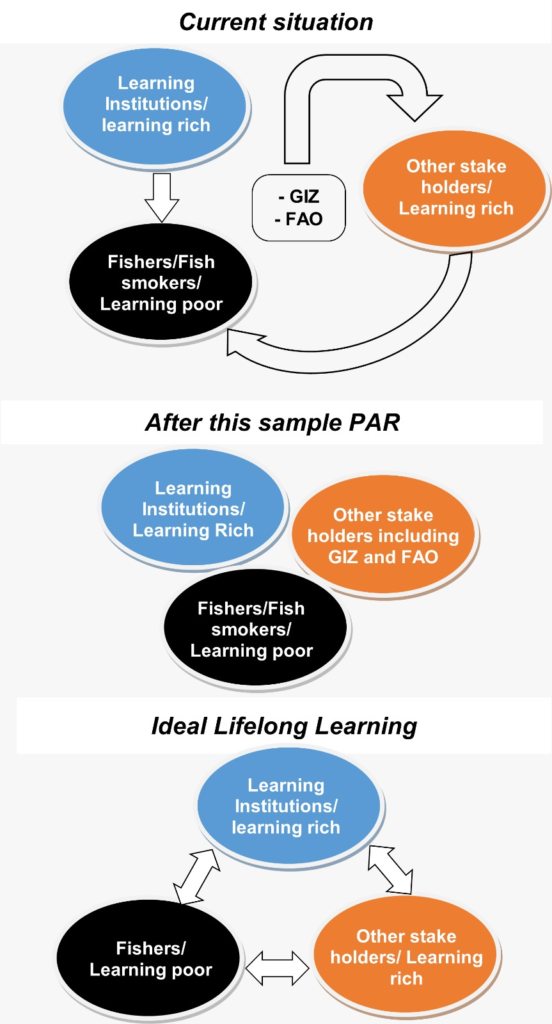
“There is an urgent need to proactively engage fishers in group learning interventions as suggested by local leaders and fishers themselves, which is lacking amidst enforcements; to enable fishers to identify their needs and livelihood opportunities,” they write.
Hence, the researchers add, educational programs should go beyond the extension or sensitization of fishers about legal fishing gears to foster participation towards co-management and conscious raising to empower fishers to act and challenge manipulative employment terms and brutal enforcement.
“We propose economic incentives and training programs for sustainable livelihoods like vocational skilling, promotion of ecotourism, and training fishers on literacy skills to increase their active participation in sustainable fishing.”
They add that once the model is adopted by policymakers at the ministry, this will help engage fishers’ managers and all stakeholders in the co-creation of knowledge for successful educational programs.
“The method, of lifelong learning interventions among fishers is crucial in the reduction of illegal fishing. Lifelong learning (LLL) is about acquiring skills that enable us to survive,” they observe.
They propose that this model would encourage a life-wide dimension, that entails that learning takes place in a variety of different environments and situations, not confined to formal education systems. This would consider non-formal and informal learning settings, making use of a range of learning avenues.
Further, the model provides for lifelong learning interventions for fishers that should attempt to use fishers and local leaders’ experiences through group learning to trigger fishers’ thinking capacities.
“But the intervention should take fishers slowly in learning as an attempt to reflect and overcome prior brutal experiences to be supported on how to proceed in an empowering manner towards sustainable fishing.
They finally argue that once the model is adopted, it will mark the beginning of lifelong learning engagements with Fishers, a key facilitator to utilizing their professional knowledge of group and power dynamics.
To have the model implemented successfully, the researchers propose a collaboration amongst all stakeholders, such as FPU, the Ministry of Gender and Social Development, MAAIF, and the Department of Adult and Community Education at Makerere University.
The Problem of Illegal Fishing in Uganda
Illegal fishing in Uganda, particularly in Lake Victoria, has been a significant concern. In 2017, Ugandan President Yoweri Museveni created a special unit out of the country’s army, the Uganda People’s Defense Forces (UPDF), to eradicate illegal fishing.
While fish stocks appear to be recovering, some poor fishermen have lost their livelihoods to alleged violence perpetrated by the soldiers under the Fisheries Protection Unit (FPU). Although the army’s efforts aim to enforce fishing regulations more strictly, the intervention has had both positive and negative impacts on local communities.
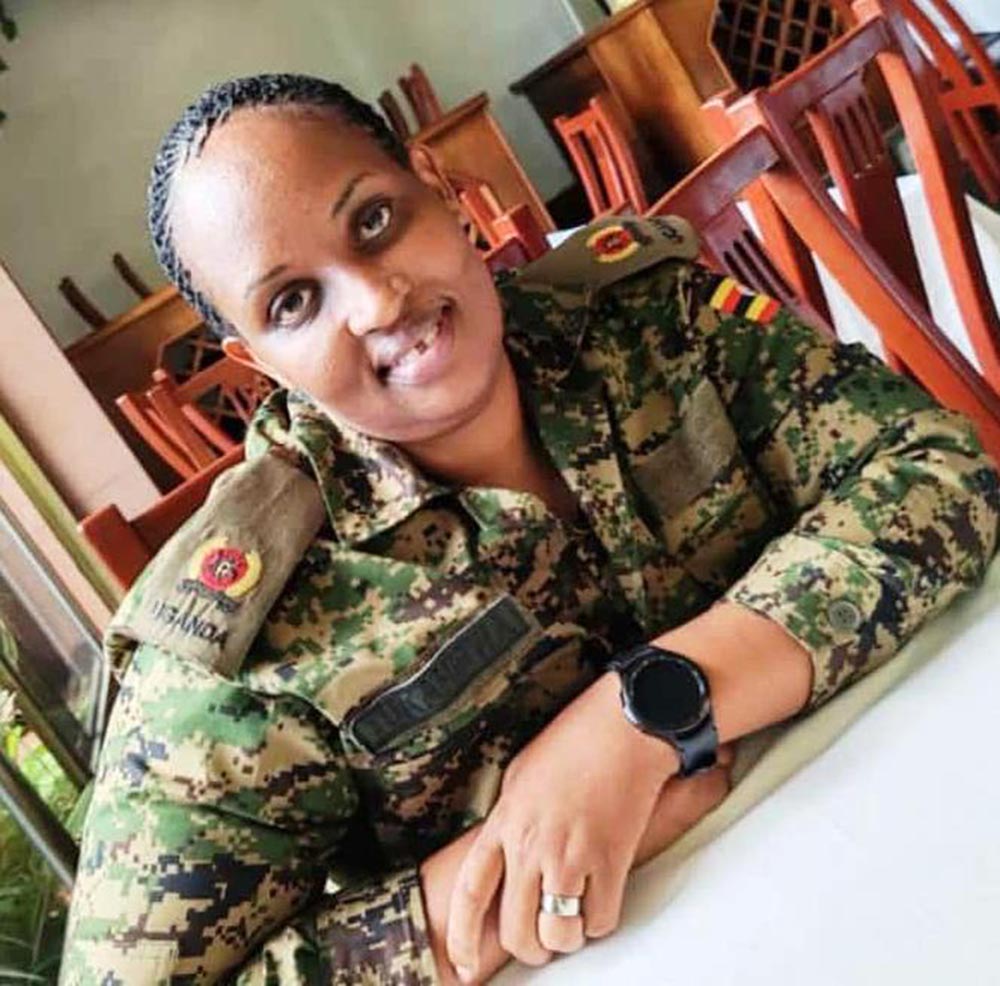
The unit recently got a new commander, Lt. Col Mercy Adah Tukahiirwa, following complaints of brutal harassment of the fishers by the military.
Lake Victoria, the second-largest freshwater body in the world, has faced overuse and overfishing. Fishermen, often enabled by corrupt officials, caught excessive numbers of fish, primarily Nile perch and Nile tilapia.
Editor’s Note: This study was supported by the British Institute of East Africa and the Government through Makerere University Research and Innovation Fund. The authors can be reached at namubiruzula@gmail.com








